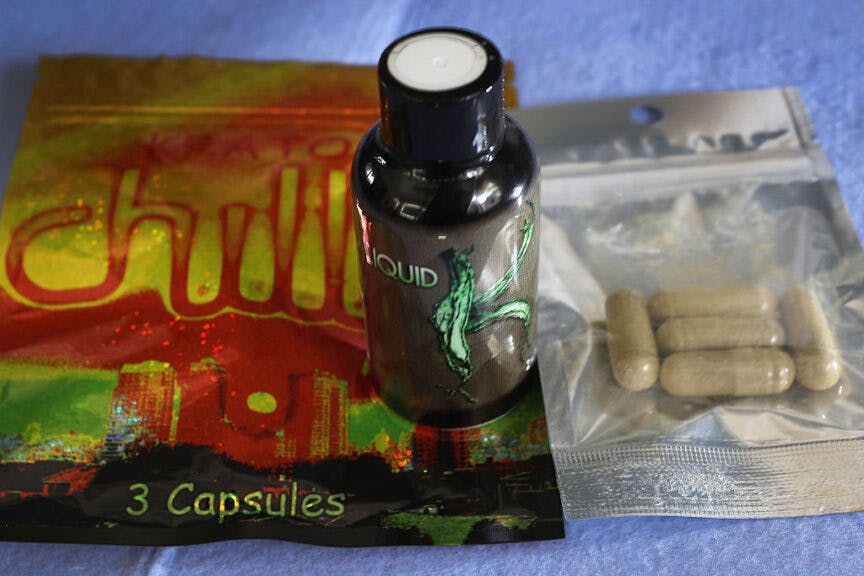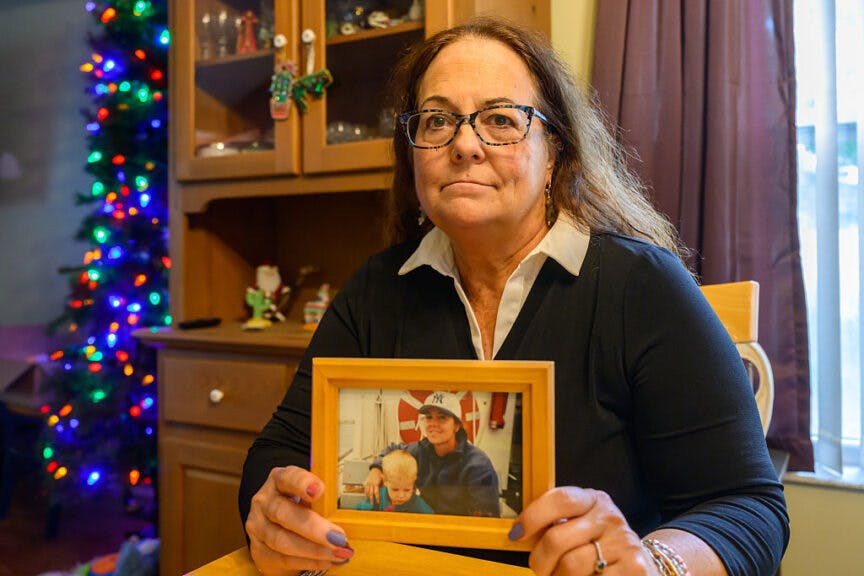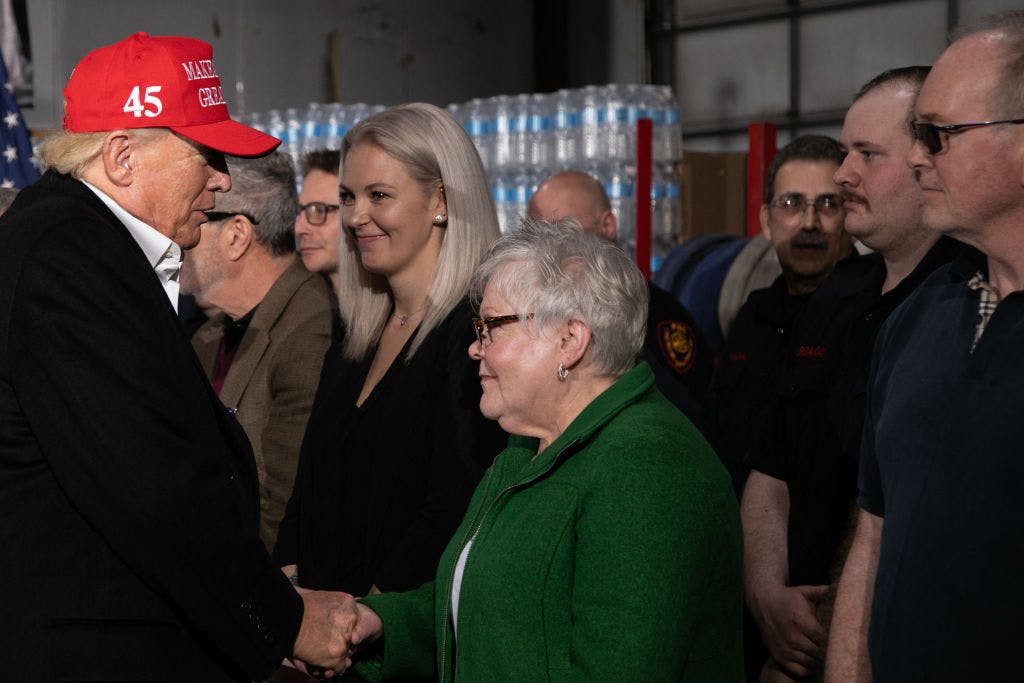This Drug Is Sold in Your Gas Station. It May Trigger the ‘Fourth Wave’ Of The Opioid Crisis.

U.S. Food and Drug Administration Commissioner Dr. Marty Makary says his agency is working to get ahead of what could be the “fourth wave” of the deadly opioid crisis by targeting a substance derived from the Kratom plant that is being sold to young people in gas stations and vape shops all across the nation.
Live Your Best Retirement
Fun • Funds • Fitness • Freedom
The compound, 7-hydroxymitragynine, known as 7-OH, is up to 13 times more potent than morphine, according to Makary. Deceptive marketing and easy access are helping fuel its spread, luring in an increasing number of young Americans.
“We can’t get caught flat-footed again,” Makary recently warned. “We got burned with fentanyl, we got burned with prescription drugs. We cannot get behind the eightball again. This may be the fourth wave of the opioid epidemic. Concentrated, synthetic, 7-OH may be the fourth wave of the opioid epidemic.”
“7-OH, people need to know, is an opioid,” he emphasized. “You can walk down the street in almost any neighborhood in America and buy an opioid.”
The Kratom plant is native to Southeast Asia. In its natural state, some people find it to have healthful and medicinal qualities. The FDA has made clear that it’s not focusing on the natural kratom leaf. They’re targeting concentrated and synthetic forms of kratom, or 7-OH.
At the end of July, the FDA recommended that 7-OH be classified as a Schedule I controlled substance, making it illegal to sell or possess. The agency says it’s an opioid that comes with significant health risks, including addiction and overdose.
Some people may not have even heard of kratom before, but they’ve likely seen kratom-derived 7-OH products in gas stations, corner stores, vape shops, or even online. Kratom, overall, is a billion-dollar industry in the U.S. – and it’s growing fast. In just a few years, the industry is expected to almost double in size.
7-OH is sold in a variety of forms, including powders, vapes, drinks, pills, and products that appeal to children, such as fruit-flavored gummies and even ice cream cones.

Joe Raedle/Getty Images
These products are often inaccurately labeled concerning their 7-OH content, and can be disguised or marketed as merely the kratom plant. There’s also no federal age restriction on these products, though several states now prohibit the sale of such products to minors.
As far as widespread harm, especially to young Americans, the data is mixed – or perhaps underreported, and too early to tell.
The CDC says there have been some overdose deaths associated with kratom products, but often other substances were also involved. There was also a recent report from the Tampa Bay Times that links kratom products to hundreds of deaths just in the state of Florida, over the past decade. Additionally, more and more anecdotal accounts of 7-OH-related addictions and deaths fill the web, though they remain unverified.
A toxicologist and emergency physician from Albany Medical Center, Dr. Alicia Tudor, believes kratom-related harms are being underreported, specifically regarding overdoses.
“I’ll see it in the emergency department and then probably more often in the addiction clinic that I work at as well,” Tudor told WRGB.
Toxicology tests are not always given when patients come in for an overdose, she said. “Then the results would come back, you know, weeks later, and at that point, the patient’s been discharged and doing better,” Tudor added.

Jim Franco/Albany Times Union via Getty Images
New York mother Cari Scribner wants action taken on these highly concentrated kratom products. Her 27-year-old son, Nickolas, died last year from what appears to have been a kratom-related death.
Scribner says her son started using the products to manage anxiety, depression, and insomnia, believing it was merely an “all natural herbal, energy and health supplement.”
In a similar tragedy, Makary relayed the contents of a letter from a grieving stepfather of a young man who had finally quit addiction, only to purchase 7-OH without being aware of its contents.
“He called me on May 31 to tell me he had stopped at the vape shop to buy a vape and was offered a fruity pill, and was told that it was kratom,” Makary read the letter aloud. “He said that he took the pill and became addicted, and should have done his research. He died the night he took two 20 mg 7-oh pills. The wrapper was at his bedside. There were no other drugs or alcohol in the house.”
While kratom has been widely used in the U.S. for some time, concentrated 7-OH has only risen in popularity within the last five years. Ultimately, the FDA is moving to stop the substance from causing more widespread harm before it’s too late.
And it’s not just the FDA taking action. Florida is leading the way on the state level. Earlier this month, Florida AG James Uthmeier announced an emergency rule to classify 7-OH as a Schedule I controlled substance. GOP Gov. Mike DeWine has also urged the Ohio Board of Pharmacy to designate synthetic and natural kratom compounds as illegal drugs. Additionally, a number of other states have moved to add age restrictions for 7-OH or limitations on concentrations of the compound.
The Drug Enforcement Administration (DEA) is currently reviewing the FDA’s recommendation to effectively ban 7-OH.
Originally Published at Daily Wire, Daily Signal, or The Blaze
What's Your Reaction?
 Like
0
Like
0
 Dislike
0
Dislike
0
 Love
0
Love
0
 Funny
0
Funny
0
 Angry
0
Angry
0
 Sad
0
Sad
0
 Wow
0
Wow
0













































































